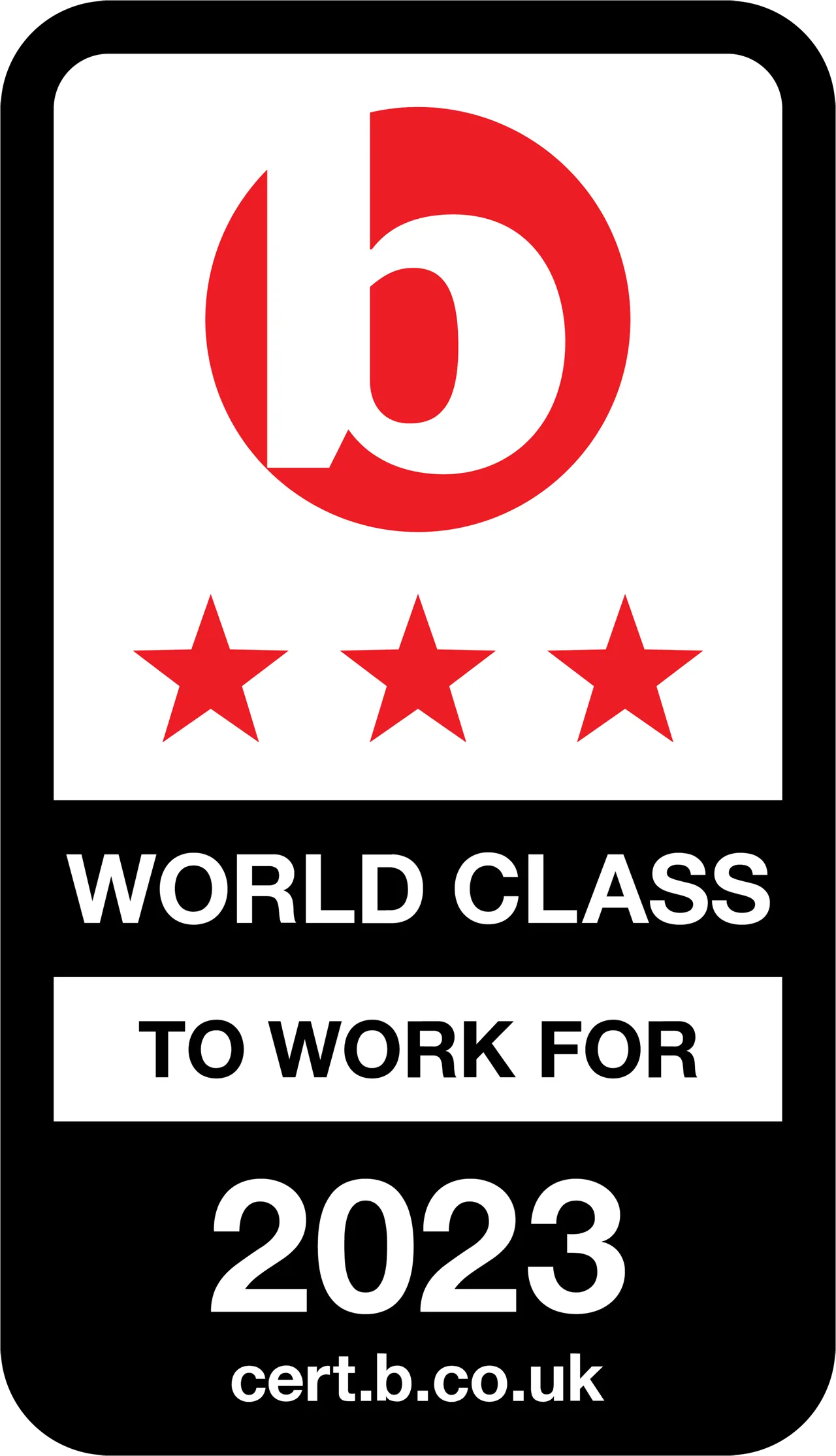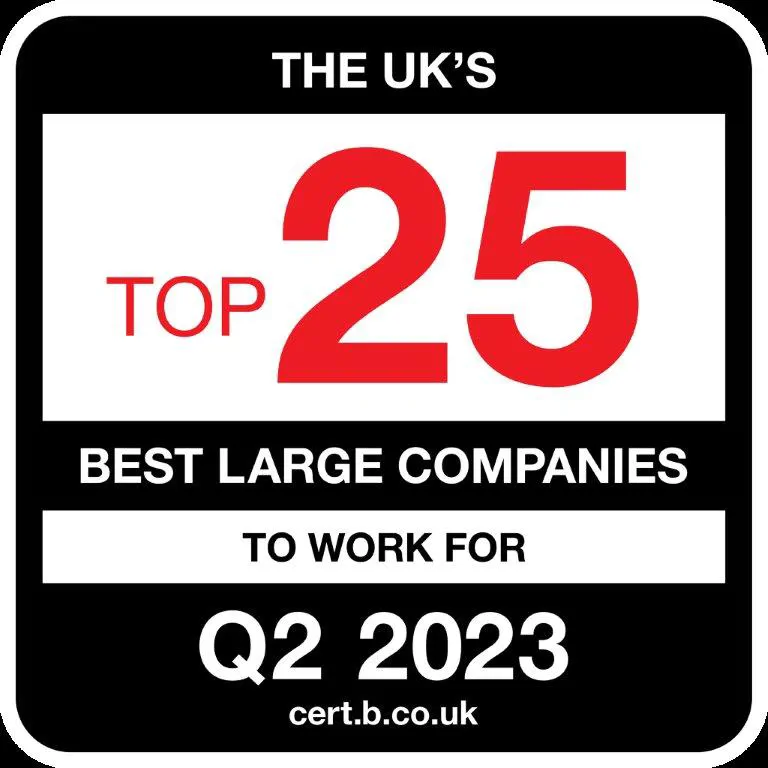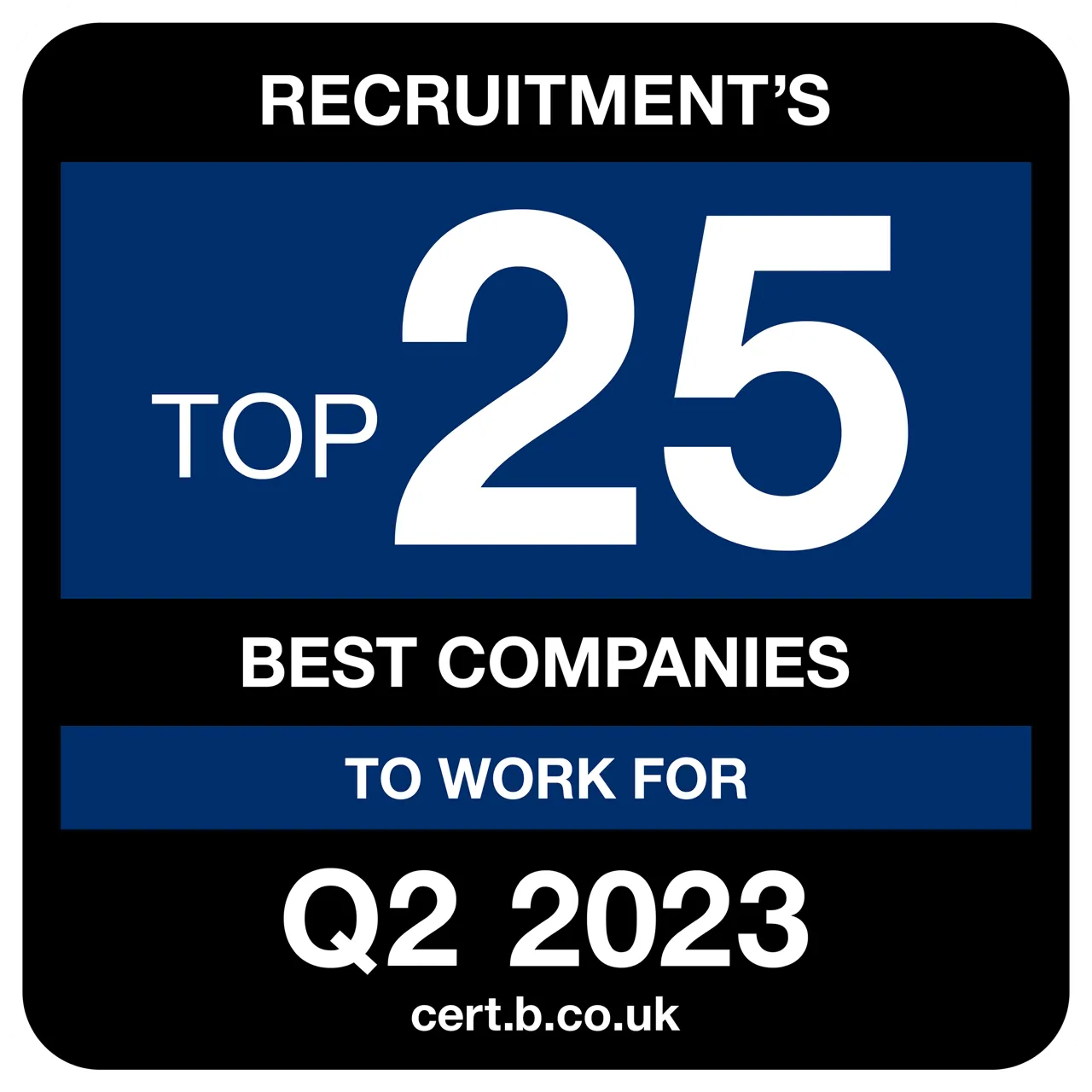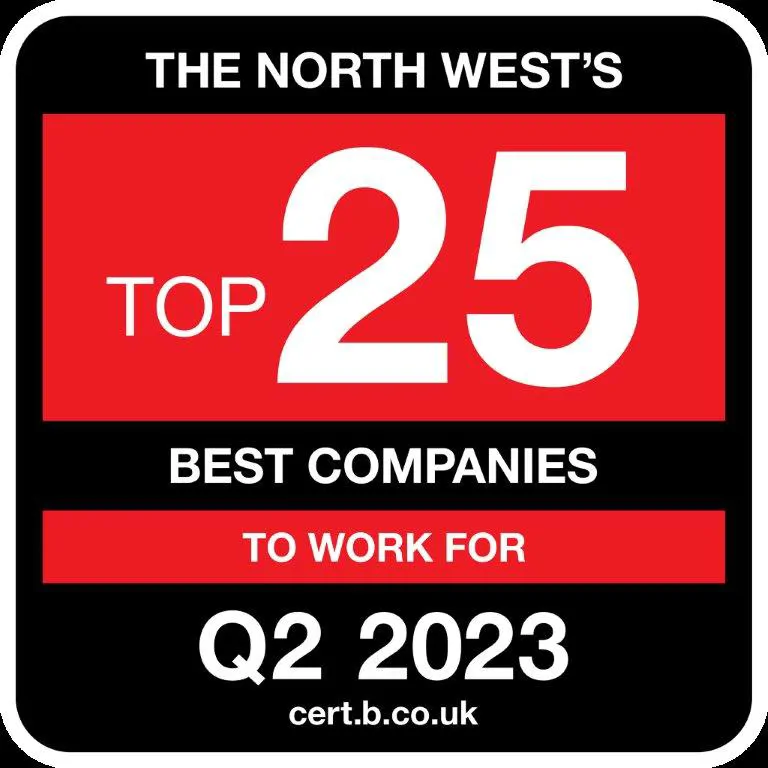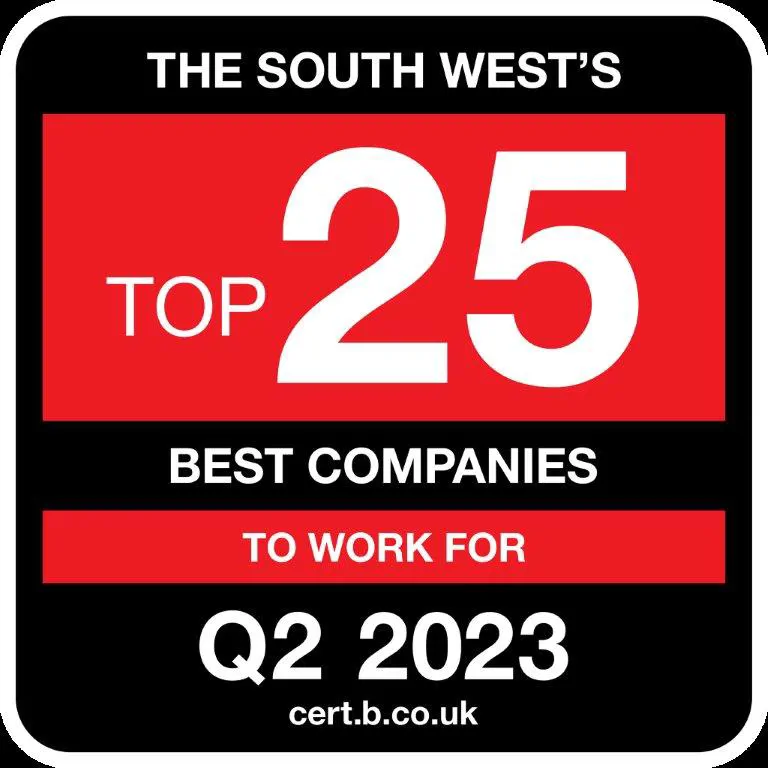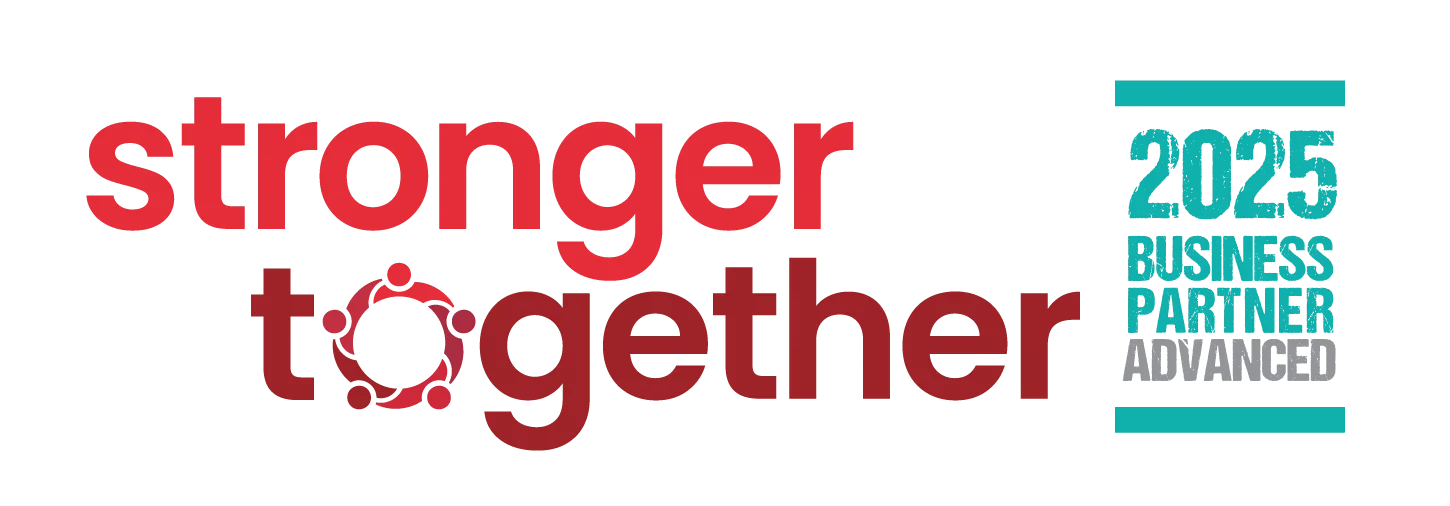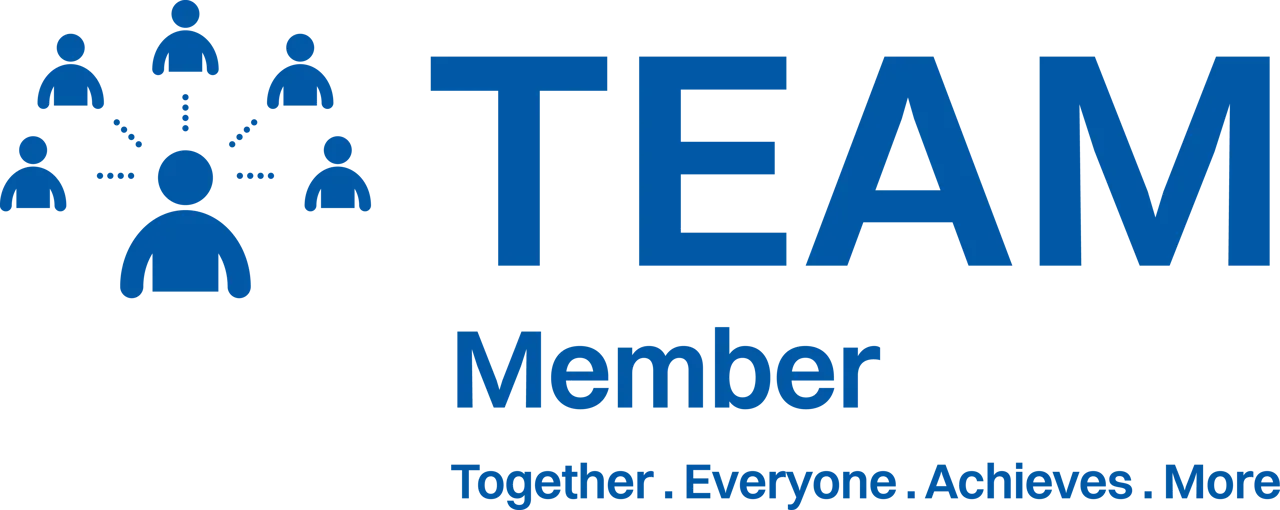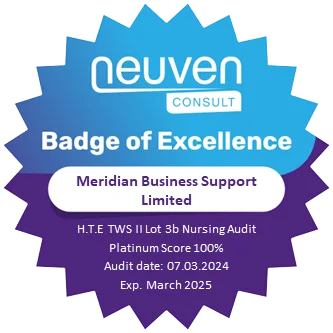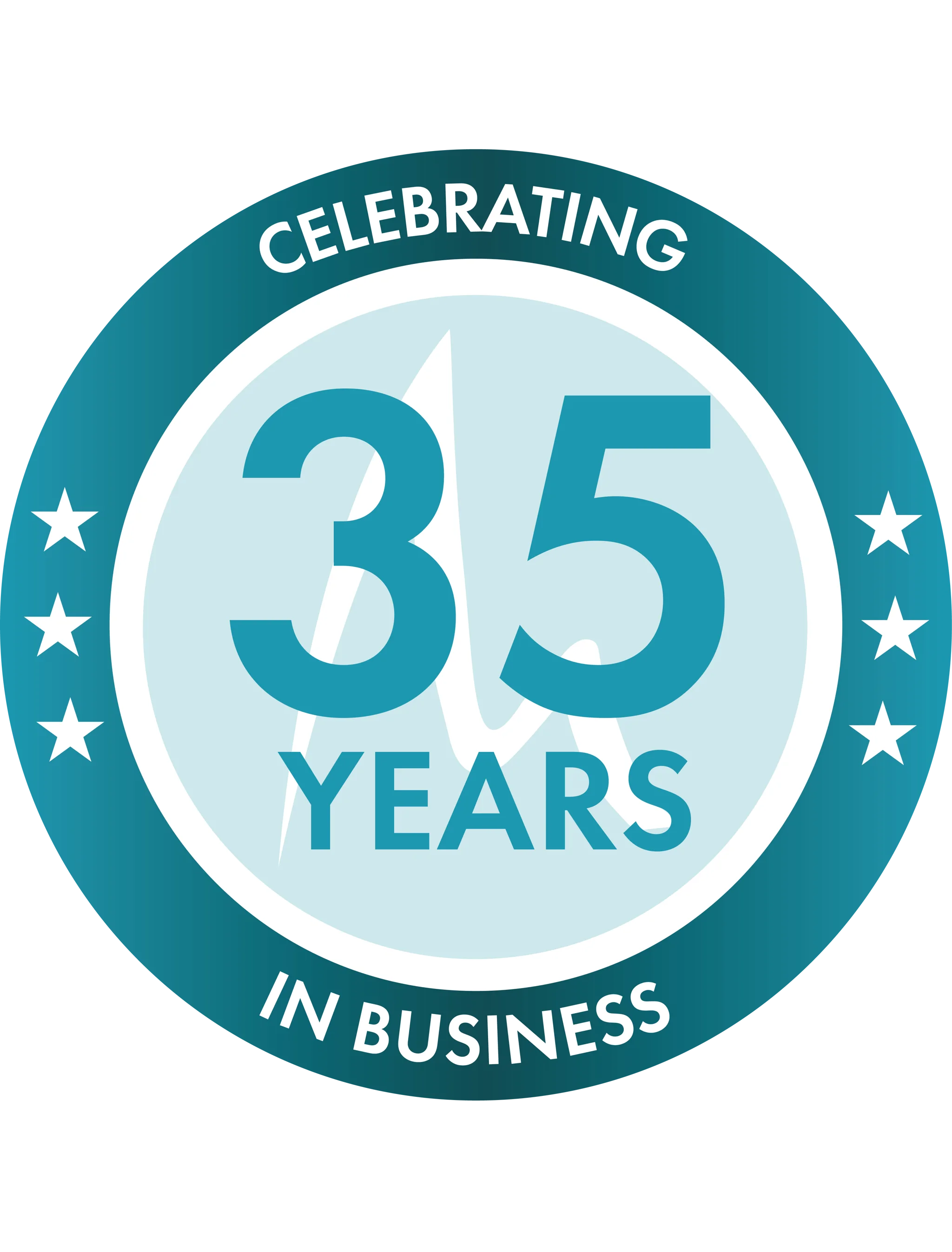
Untapped Talent Pools: Are Employers Missing Out?
21 Mar, 20163 minutesAll employers are aware of the need to constantly foster talent and ensure that new recruits...

All employers are aware of the need to constantly foster talent and ensure that new recruits can add an extra dimension to the workforce. Attracting and retaining the best talent is at the heart of every successful organisation.
However, one unavoidable truth in the modern employment landscape is that a distinct shortage of skills exists. Almost every day, we read about organisations that are unable to attract the talent they need to succeed.
The majority of employers will take great pride in their openness and flexibility when it comes to attracting new talent, but at the same time they can be hesitant when actively hiring certain candidates, such as people with disabilities.
Hiring and accommodating individuals with disability may require greater care, but at the same time the potential return is even greater, in the form of a motivated and ambitious employee base with excellent potential waiting to be explored, and contributing to a diverse workforce.
Skills shortage
Talent pooling, talent pipelining, and skills shortages are some of the talked-about topics in the corporate world, with most organizations having an eye on accessing untapped or under-tapped talent pools.
Despite this, there is one talent pool that can often be overlooked – the seven million working-age individuals in the UK who are classified as disabled.
Those with disabilities can often be disqualified from employment by organizations, not necessarily because organizations are not interested in hiring them, but because they are scared of getting it wrong.
From talent management strategies through to the job application procedure, many hiring processes can discourage people with certain impairments from effective participation, which means employers can miss out on hiring the best talent for an advertised position.
Fostering diversity
We often hear about employees being a great business asset, but if staff are so important to an organization, why is such a huge talent pool being overlooked and underutilized?
In order to fully embrace workplace diversity, organizations need to follow a more open approach to recruiting.
Furthermore, being an equal opportunities employer means that you are offering equal employment opportunities to everyone irrespective of their race, religion, nationality, color, gender, or physical or mental disability.
In order to build a talent pool of people with disabilities, organizations need to actively focus on it as a corporate goal. Those committed to sustainable diversity policies recognize disabled talent as an untapped source, which is not only the right thing to do but makes absolute business sense.



